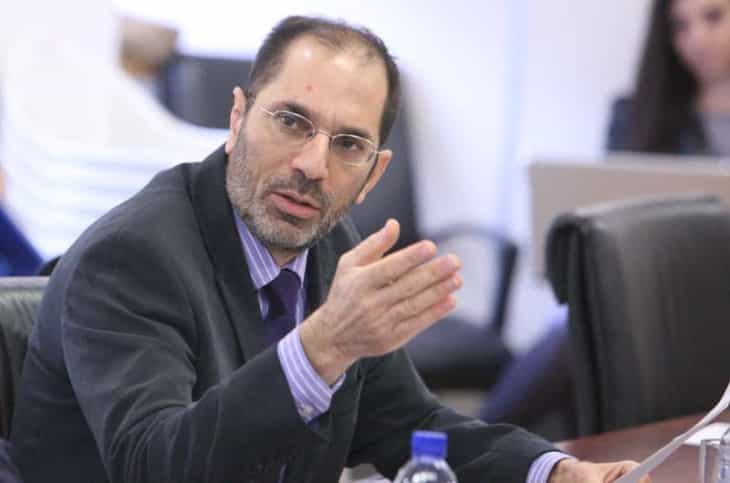Auditor-general Odysseas Michaelides suggested that 18 citizenships granted to people linked to the company that won the casino resort concession in 2019 had been based on false data supplied by the finance ministry, which said they all met the criteria.
In his testimony before an inquiry on December 1, the minutes of which were only released on Friday, Michaelides, quoting the finance ministry, said: “the finance ministry assures that the applicants fulfil the financial criteria set.”
“I think, to me it’s very clear, that when making the decision to naturalise the 18, the cabinet thought the criteria set in 2016 were satisfied,” Michaelides said.
The proposal was also sent to parliament since any citizenships can only be granted after parliament is informed.
“I think this consultation should be done on the basis of real information and not information that does not correspond with reality,” he said.
In a report released before his testimony before the four-member panel probing the island’s controversial citizenship by investment programme, the auditor said 18 citizenships had been granted to senior executives, seven of whom did not meet the criteria. Six were executives of a company registered in Cyprus, which is the parent company of the casino operator. One was the director of a subsidiary of the parent company.
No links were found between the remaining 11 individuals with the parent company or the casino operator.
Of the seven, six did not appear to be registered with the tax department while the remaining one was but has not prepaid the €100,000 in income tax specified by the criteria, Michaelides said.
“This possibly means a loss of tax revenues worth €1.7m by not paying €100,000 in income tax by each person and €1.7m in VAT on the €500,000, the cost of each house that should have been acquired, plus the indirect benefits to the economy and state revenues from construction and sale of the houses,” the report said.
Michaelides agreed with the panel that his service did not have all the information on the matter: “These should be used to substantiate who is responsible for this abuse of power and to us, illegal cabinet decision; who contributed in this decision.”
Michaelides said they could not know who played a role in taking the decision.
“Was it the interior ministers? The heads of the interior ministry? Was it financial ministry officials? Was it the finance minister? Was it the finance ministry permanent secretary?”
The auditor said they could not know but the essence was that a proposal to the cabinet that was forwarded to parliament, which must receive true and accurate information according to law, said they were naturalised because they met the criteria when the government was now saying that they were naturalised for different reasons.
“The mistake was that these individuals were naturalised,” he said.
The government suggested they were naturalised on the basis of a different article, which provides for citizenships granted “in very exceptional cases involving provision of the highest form of services to the Republic.”
Even using the article in question is considered abuse of power, Michaelides said.
“I don’t think these individuals should have been naturalised. I emphasise that they were people related to a company that has a contract with the Republic … I consider unacceptable for individuals contracted by the Republic to receive such favourable handling.”
He said it was also unacceptable to claim that the individuals had been naturalised in a bid to assist the investment, which had been agreed on two years previously.
“Someone must explain why it best serves public interest if I grant 18 passports to the executives of a company, which has been contracted by the state, and has specific contractual obligations,” he said.







Click here to change your cookie preferences